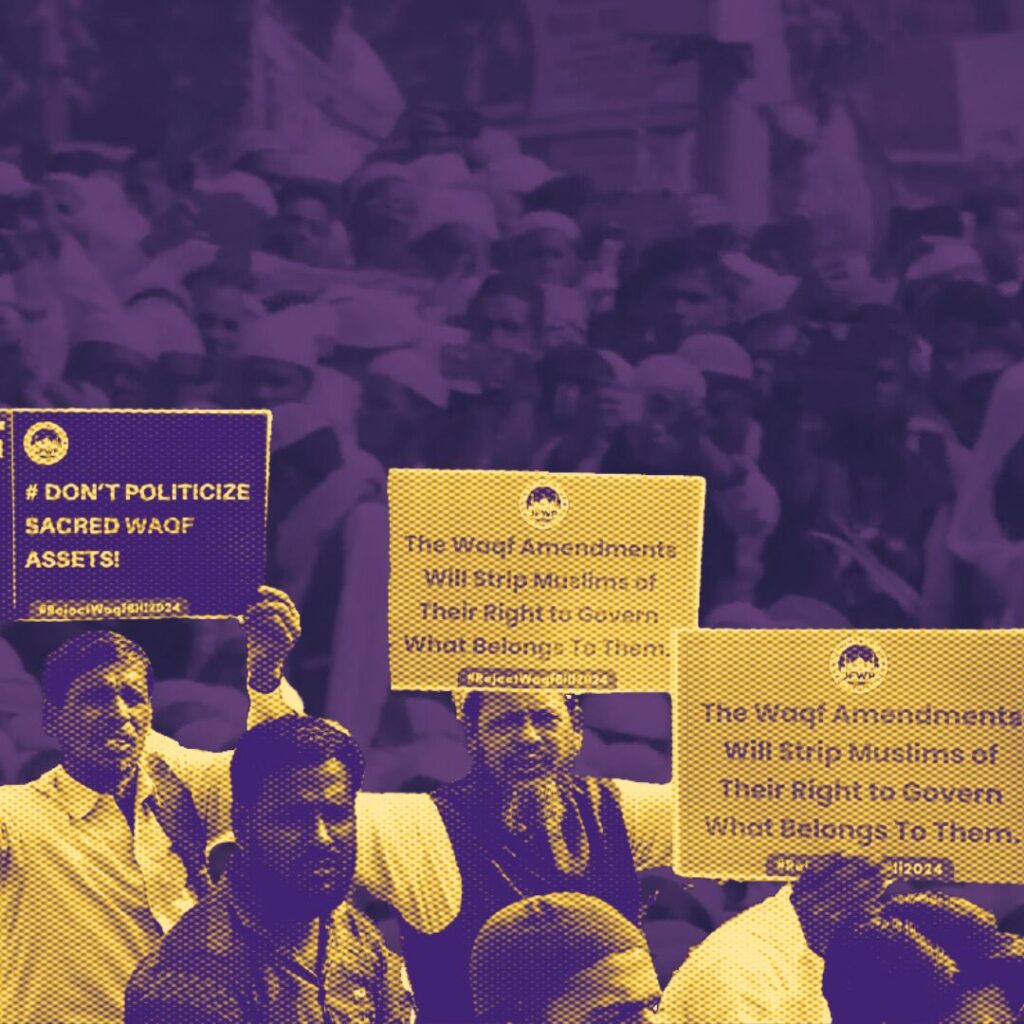Originally Published at Newslaundry| Written By Arunabh Saikia
Under the new amendments, a whistleblower is only allowed to disclose information that is obtained under the Right to Information Act.
It is highly unlikely that the Rajya Sabha will see any serious debate this monsoon session. If it did, though, the Whistle Blowers Protection Act would have been discussed – and considering our political class’ disdain for any kind of mechanism that promotes accountability, passed too. But, gladly, it hasn’t – and we should all be relieved, for if the bill is passed in the present form, it will do anything but “protect” whistleblowers.
How can a bill that seeks to protect whistleblowers be so bad?
Well, because nothing in the bill apart from the name contains anything that could possibly protectwhistleblowers. Think I’m being hyperbolic? Consider this: under the new amendments, a whistleblower is only allowed to disclose information that is obtained under the Right to Information Act (note that there are as many as 10 exemptions clauses under the RTI Act).
Which means cabinet papers, including “records of deliberations of the council of ministers, secretaries and other officers”, that come under the Official Secrets Act (and most of them do), cannot be disclosed.
Additionally, any information that is “likely to prejudicially affect the sovereignty and integrity of India, the security, strategic, scientific or economic interests of the state, relations with foreign state, or lead to incitement of an offence” cannot be disclosed. Information, obtained from foreign countries, cannot be disclosed either.
Information “expressly forbidden to be published by an court or tribunal” is also exempted. Interestingly, leaking of information obtained through a “fiduciary” association will also not be protected under the law.
Finally, information that “would cause a breach of privilege of Parliament or state legislature”, too, cannot be disclosed.
Can you give me some real examples of cases and whistleblowers the amendments will directly affect?
Since information obtained only under RTI can be disclosed, the whistleblower who leaked the guest entry diary details of CBI director Ranjit Sinha’s residence that allegedly contained names of people accused in the 2G scam is not entitled to any protection under the new law.
As the new Bill prohibits a whistleblower from making a complaint against a public servant if the evidence is not obtained under RTI, it is bound to scuttle internal complaints. For instance, someone like Ashok Khemka, who blew the lid off the alleged opaque land deals involving Robert Vadra, would have very little protection if the new Bill comes into effect.
Similarly, the clause that says information that could affect national security should not be disclosed would directly lead to whistleblowers not being able to complain about possible irregularities in defence procurements.
Also, as the new amendments exempt corporate entities, whistleblowers in cases like the Essar email leaks and Niraa Radia tapes are not entitled to any protection under the new.
Under the fiduciary exemption, a lawyer who leaks confidential information about his client that could be of immense public interest is not entitled to protection under the act.
Is this how the bill always was?
No, the bill as passed by the Lok Sabha in 2011 and by the Rajya Sabha in 2014 was not half as bad. In the former version of the bill, “any public servant or any other person including any non-governmental organisation” could “make a public interest disclosure” even if the pertinent information came under the Official Secrets Act. However, the previous bill did contain a clause, which said no person would be required to produce any document or information in the course of an enquiry under the act that was likely to affect the security and integrity of the state, or if it was in contempt of court.
Which is not to suggest the older version of the bill was perfect. According to it, the competent authority (the Central Vigilance Commission under usual circumstances) was required to forward the complaint to the department concerned (meaning the department the complaint is against), which was then expected to take “appropriate action”. The current bill takes this a step further: the CVC now is supposed to forward the complaint to the department concerned, which would then ascertain whether the complaint contained information under the exempt clauses. Also, neither versions of the bill allow for anonymous complaints.
Why did the current dispensation feel the need to amend the bill?
According to a cabinet note on the subject, accessed by RTI activist Venkatesh Nayak under the RTI act, the government thinks “in the absence of any restrictions…the provision confers an absolute right on the whistleblower to make disclosures…” Reportedly, the cabinet note also mentions that “the amendments aim to bring the whistleblowers law in line with the constitutional right to freedom of speech and expression and with the Right to Information Act”.
How does this bill stack up against whistleblowers’ protection Acts in other countries?
A report released last year by an Australian non-government organisation Blueprint for Free Speech, Transparency International Australia, Griffith University and Melbourne University rates India as one of the countries that does “the least to ensure that whistleblowers can speak out without fear of retribution”.
The whistleblower protection programme in United States of America, which is rated highly in the report, also has certain restrictions on information that can be disclosed, but the list of restricted information is much smaller. In the US, information on defence and foreign affairs is exempted only if there is a special executive order to keep the information classified. The law in the US also doesn’t cover information the revealing of which is disallowed by any other law.
The author can be contacted at [email protected] and on Twitter @Psychia90
Image Source: SSA










